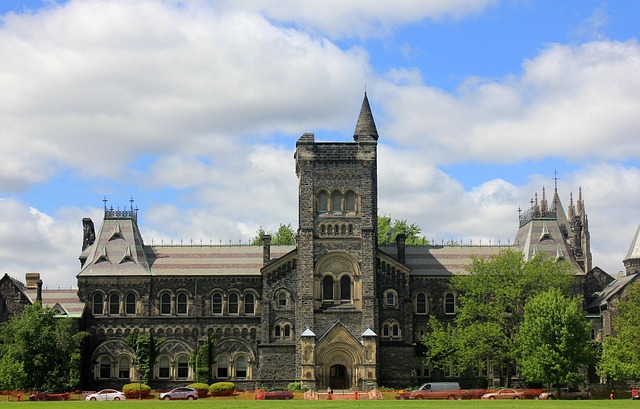Student rentals in college towns provide affordable housing with lower rent compared to dormitories or private apartments, appealing to students on limited budgets. However, they may lack modern amenities and privacy due to older properties and shared living, leading to potential conflicts. Despite drawbacks, many students find significant savings desirable, balancing affordability and accessibility. Student housing pros include camaraderie, shared experiences, and lasting friendships, while challenges like noisy environments and maintenance issues can affect privacy and peace of mind. Flexibility of short-term leases is a significant advantage, catering to changing schedules and academic calendar fluctuations.
In vibrant college towns across the globe, student rentals offer a unique housing option. This article delves into the multifaceted world of student housing, exploring both its advantages and disadvantages. From cost-effective living to community building, these properties provide students with social benefits. However, challenges like noise issues and maintenance concerns can arise. Moreover, their flexibility and short-term leases cater to students’ transient lifestyles. Understanding these pros and cons is crucial for navigating the housing landscape in college towns.
- Cost-Effective Option for Students
- Community Building and Social Benefits
- Potential Challenges with Noise and Maintenance
- Flexibility and Short-Term Leases
Cost-Effective Option for Students

Student rentals in college towns offer a cost-effective option for students looking for affordable housing. Compared to other housing options, such as on-campus dormitories or private off-campus apartments, student rentals often come with lower rent prices, especially when shared among multiple tenants. This affordability is one of the primary attractions for students on tight budgets, allowing them to allocate their financial resources towards other essential expenses like textbooks and extracurricular activities.
However, it’s important to note that student rentals may not offer the same level of amenities or privacy as other housing types. The properties are often older and may require more maintenance, leading to less modern facilities. Additionally, living with roommates means sharing common spaces and personal areas, which can sometimes result in conflicts or compromised personal space. Despite these potential drawbacks, the cost savings make student rentals an attractive choice for many students seeking a balance between affordability and accessibility in college towns.
Community Building and Social Benefits

Student rentals in college towns offer unique advantages when it comes to community building and social interactions. Living in close quarters with peers from diverse backgrounds fosters a sense of camaraderie and shared experiences, enhancing the overall college experience. These residential settings encourage the formation of lasting friendships, study groups, and social activities that contribute to a vibrant campus atmosphere.
However, the intensity of social life in student rentals can also present challenges. Noisy environments, late-night gatherings, and potential conflicts with roommates or neighbors may impact privacy and peace of mind. Balancing academic demands and social engagements is crucial for students, as finding harmony between community building and personal well-being becomes essential to navigating the student housing pros and cons.
Potential Challenges with Noise and Maintenance

While student rentals in college towns offer numerous advantages, there are also potential challenges that students and property owners should be aware of. One significant concern is noise levels, as these properties often house a large number of young adults with varying schedules and social lives. Late-night parties, loud music, and rowdy behavior can disrupt neighbors’ sleep and create an unsettling environment, leading to community friction.
Additionally, maintenance can be a hurdle in student rental spaces. Students might not prioritize property upkeep as diligently as professional tenants, potentially resulting in damage or negligence. Prompt repair and maintenance responses may be hindered by students’ transient nature and limited financial commitment to the space, leaving property owners with increased responsibility for upkeep and repairs.
Flexibility and Short-Term Leases

Student rentals in college towns offer a unique advantage in terms of flexibility and short-term leases, which can be a significant pro for many students. This model allows tenants to have more control over their living situations, as they can often sign lease agreements lasting just one semester or even shorter periods. This flexibility is particularly beneficial for students who may have changing schedules, want to try out different living arrangements, or need to move for internships or study abroad programs. It provides an opportunity to explore various neighborhoods and find the right fit without long-term commitments.
Furthermore, this type of housing caters to the dynamic nature of college life. Students can easily sublet their spaces during periods of lower attendance or find temporary accommodations when facing unexpected changes in their academic calendar. This adaptability is a significant draw for those seeking student housing, offering both convenience and cost savings compared to traditional, long-term rentals.






